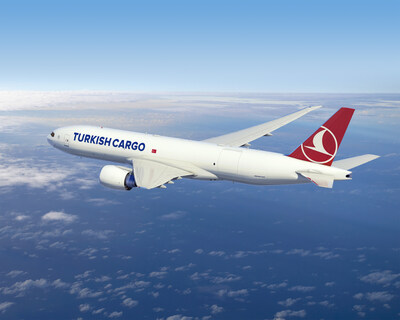Turkish Airlines has posted a net income of $943 million in the second quarter of the year, up from $635 million a year prior. Its cargo revenue saw an uptick of 47.5%, totalling $855 million as the e-commerce sector remains strong. Passenger revenues were up 4.2% to $4.6bn.
Its profit from main operations was down 25.6% over last year's second quarter at $591 million. This was driven by a 16% rise in operational expenses, which totalled $5.2bn in the quarter as well as revenue per available seat kilometre (RASK) up a marginal 1.3% and revenue yields down 2.3%. Its capacity was also up 7.7% for the quarter. The airline carried 22.1 million passengers during the quarter, up slightly from 21.7 million in the same quarter of 2023.
The company's EBITDAR was down 11.6% to $1.4bn in the second quarter.
As of June 30, 2024, its total current assets were valued at $9.5bn and total non-current assets valued at $28.1bn. Its total liabilities and shareholders' equity was $37.59bn. As of the end of the second quarter, its net debt to EBITDA was 1.1x for last twelve months (LTM).
During the second quarter, it welcomed one A321neo, two A350-9, and one 737-8 MAX aircraft. Its fleet totalled 458, 135 of which are owned, while 202 are on lease and 121 are wet-leased. As of June 30, 2024, its total financial lease liabilities were $9.9bn and operating leases debt at $2.2bn.
The airline said it is ""increasing depth and breadth of the network with an international focus"" as well as seeking to penetrate ""high growth leisure and ethnic travel market"".
At the Farnborough International Airshow, the airline had showcased its new business product, the crystal business class suite which will be gradually installed on its A350s on order, as well as planned to be retrofitted on its fleet of 777 aircraft.
Speaking to Airline Economics, management said its corporate market was ""in a good place"" with it making around 12% of Turkish Airlines' total revenues in 2023. The company added that it will be integrating its Miles&Smiles loyalty programme with its corporate club programme. With management stating it projected a 10% growth for its corporate segment, based on capacity increase, these moves will no doubt facilitate its penetration into this segment.
Turkish Airlines' profits up in second quarter

